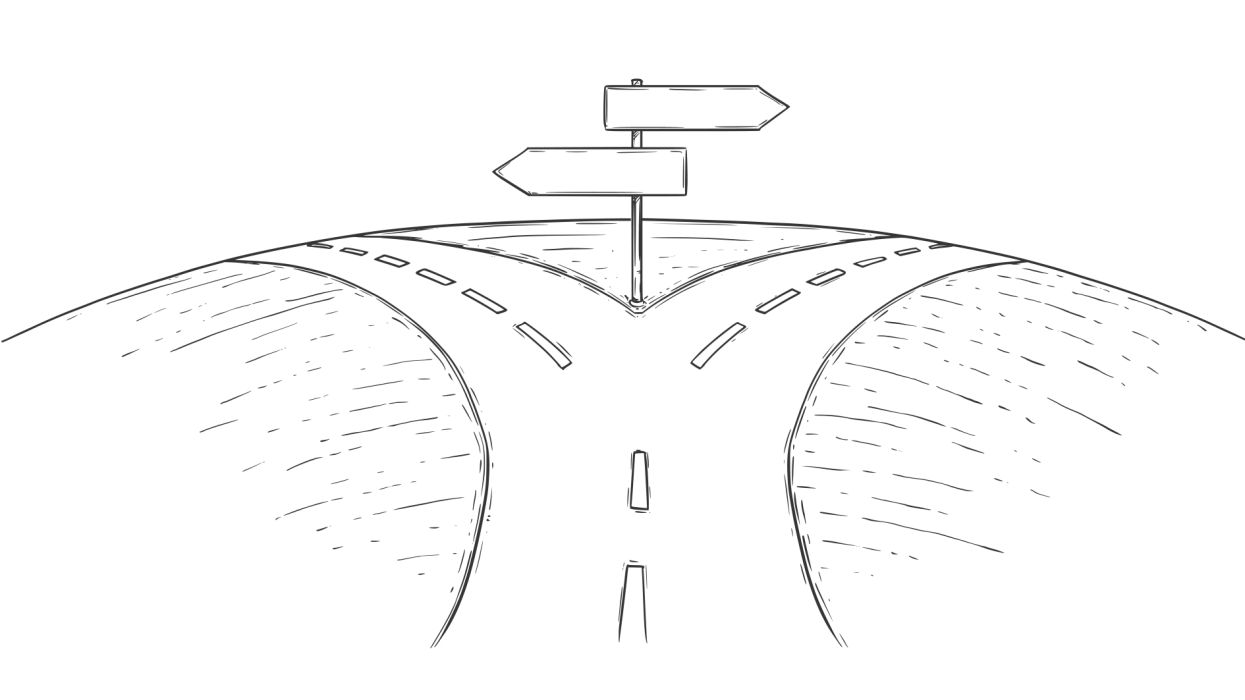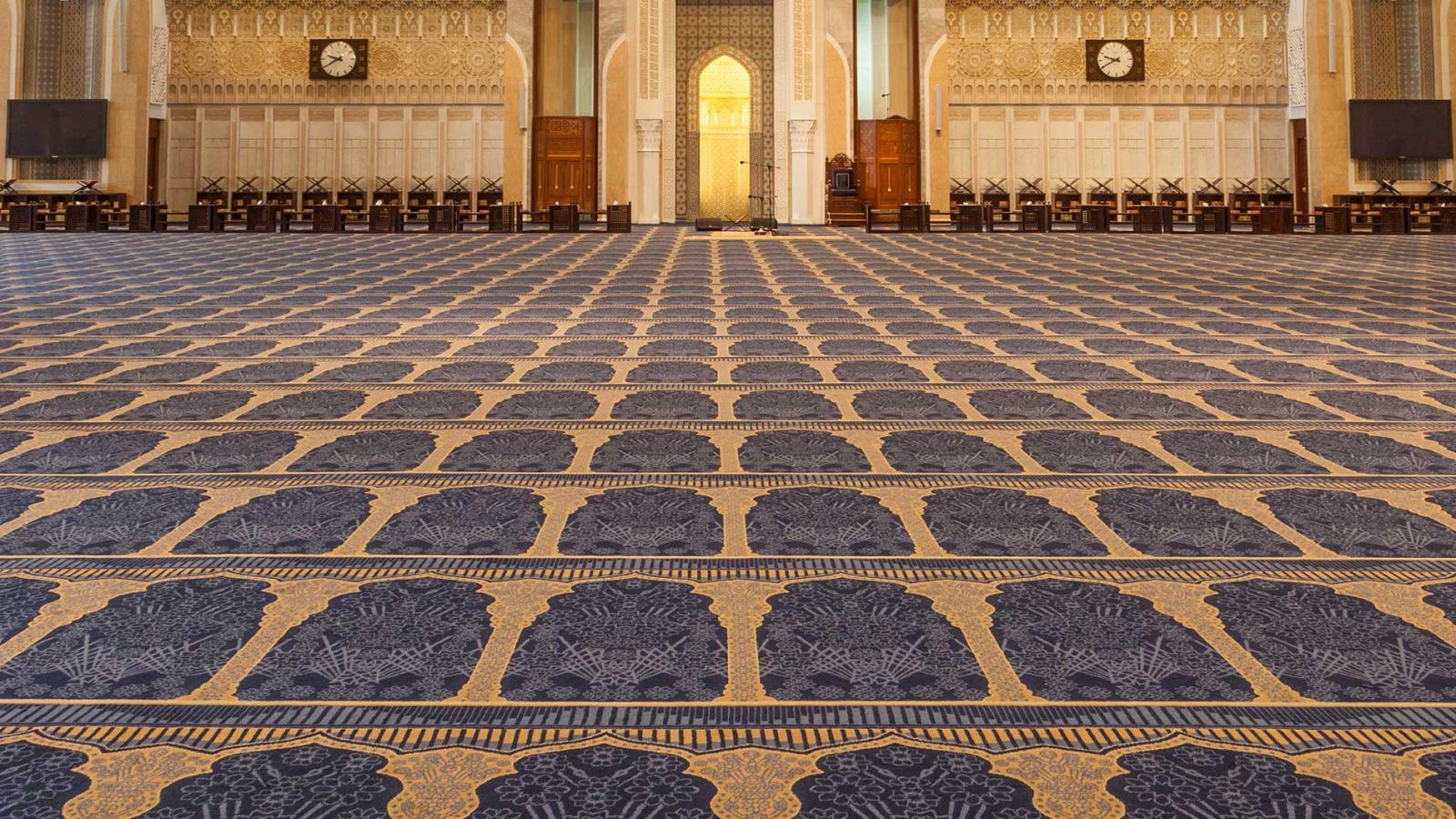Abū Iyāḍ, may Allāh reward him, gives us an exploration into the different groups of Islām. This division is a division that was prophetised by the Prophet, ṣallallāhu ʿalayhi wa-sallam, something that is inevitable. This lecture give us many examples on how the kuffār has influenced the Muslims into innovating and inventing ideologies. From ʿAbdullāh ibn Saba’, the Jew who instigated, if not created the Shia, to the Marxist theologians who influenced Sayyid Qutb.
Hudhayfah – raḍī Allāhu ʿʿʿanhu- said: The people used to ask the Messenger of Allāh, ṣallallāhu ʿalayhi wa-sallam about the good, but I used to ask him about the evil from fear that it would overtake me, so I said: O Messenger of Allāh! We used to be in jāhilīyyah (ignorance) and evil, then Allāh brought this good to us, so is there any evil after this good? He said: “Yes.” I said: And is there any good after that evil? He said: “Yes, but it will be tainted.” I asked: What will taint it? He said: “A people guiding others with other than my Sunnah, you will approve of some (of their actions) and disapprove of others.” I asked: Then is there any evil after that good? He said: “Yes! Callers to the Gates of Hell-Fire, whoever responds to them in that will be thrown into it.” I said: O Messenger of Allāh! Describe them to us. He said: “They will be from our own people and speak our language.” I said: What do you order me to do if that should happen in my own lifetime? He said: “Stick to the Jamāʿah (united body) of the Muslims and their Imām.” I said: What if they do not have a united body nor an Imām? He said:
“Then keep away from all those sects even if you have to bite upon the root of a tree, until death overtakes you and you are in that state.”1
ʿUmar ibn al-Khaṭṭāb, raḥimahullāh, said, “There is no excuse for anyone going astray thinking that he is upon guidance. Nor for abandoning guidance thinking it to be misguidance, since the affairs have been made clear, the proof established and the excuse cut off.“2
And Allāh has said,
“Allāh has promised those among you who believe, and do righteous good deeds, that He will certainly grant them succession to (the present rulers) in the earth, as He granted it to those before them, and that He will grant them the authority to practise their religion, that which He has chosen for them (i.e. Islām). And He will surely give them in exchange a safe security after their fear (provided) they (believers) worship Me and do not associate anything (in worship) with Me. But whoever disbelieved after this, they are the Fasiqun (rebellious, disobedient to Allāh).”
[Sūrah al-Nūr (āyah 55)]
—–
1 Bukharī and Muslim
2 Reported by Ibn Baṭṭah in, al-lbaantul-Kubraa (no. 162)
3 Reported by Aḥmad, Ibn Mājah (no. 43) and al-Ḥākim. It is declared ṣaḥīḥ by Shaykh al-Albānī in al-Ṣaḥihah (no. 937).
For further referencing to corrupt ideologies, specifically those invented by Sayyid Qutb, refer to the extremely beneficial website, Takfiris.com













